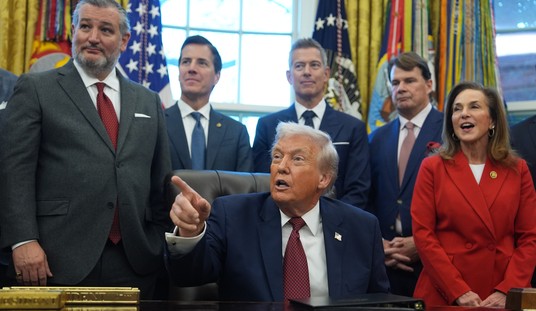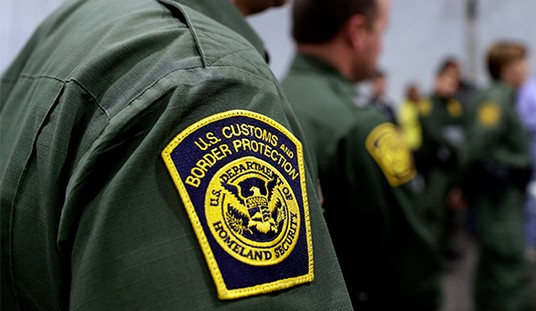Scientists at Cambridge University, in Great Britain, were so concerned about the “Fake News” epidemic surrounding the US Presidential election, they developed what the BBC is calling a Vaccine for the problem. In order to determine in the most scientific way possible, the effects of the phenomenon, they used Global Warming as the test topic.
Because it’s “settled science”, of course.
A University of Cambridge study devised psychological tools to target fact distortion.
Researchers suggest “pre-emptively exposing” readers to a small “dose” of the misinformation can help organisations cancel out bogus claims.
Stories on the US election and Syria are among those to have caused concern.
“Misinformation can be sticky, spreading and replicating like a virus,” said the University of Cambridge study’s lead author Dr Sander van der Linden.
“The idea is to provide a cognitive repertoire that helps build up resistance to misinformation, so the next time people come across it they are less susceptible.”
The study, published in the journal Global Challenges, was conducted as a disguised experiment.
More than 2,000 US residents were presented with two claims about global warming.
The researchers say when presented consecutively, the influence well-established facts had on people were cancelled out by bogus claims made by campaigners.
But when information was combined with misinformation, in the form of a warning, the fake news had less resonance.
Okay, first of all the fact that they based the entire study around a question on Global Warming, tells you all you need to know about those conducting it. Their biases run deep. If they wanted to have results worth analyzing, they should have used a topic that is less subjective. Using Global Warming to test the Fake News theory, proves just how deep inside their bubble they really are. It’s like asking Santa Claus if the Easter Bunny is real. The results of the study itself are invalid if you doubt their take on global warming. So inadvertently it speaks to the actual root of the problem.
What we have isn’t a problem with “Fake News”, it’s with biases usually, or lies of omission by the press. This year we saw conspiracy theories go mainstream, but they are hardly new. Remember when “The Davinci Code” was all the rage? It wasn’t until the election of Donald Trump that the media’s concern for Fake News rose to the surface. To be honest I was surprised that Cambridge had time to put together a study in such short time.
The truth is Cambridge isn’t telling us anything new here. They are confirming that journalists choice of words sets the tone and agenda for their writings. Also, people want to believe things that confirm their own opinion. So we could hold reporters to a higher standard, or we could teach people critical thinking skills. Either of these two would improve the response to fake news, immediately.
If journalists could be trusted, that would be great. Since that is unlikely. it leaves us with the “treatment” of requiring people to think before hitting that share button. If it sounds too “good to be true” it probably is, and it’s also probably what makes the outlandish worth sharing to some. The crossover between entertainment and news, has hit a critical point. It’s the Choose Your Own News era.
As we have more media freedom, so do we take on more media responsibility. All these choices require a more discerning audience, which was basically what Cambridge found in their study. What the study doesn’t account for are those that expect the Media to tell them the truth, and those that see the news as entertainment.
I do wonder how long the left will continue to study media bias, by whatever name, considering how long Conservatives have been talking about, while being wholly ignored. When do we get the fix for that?













Join the conversation as a VIP Member